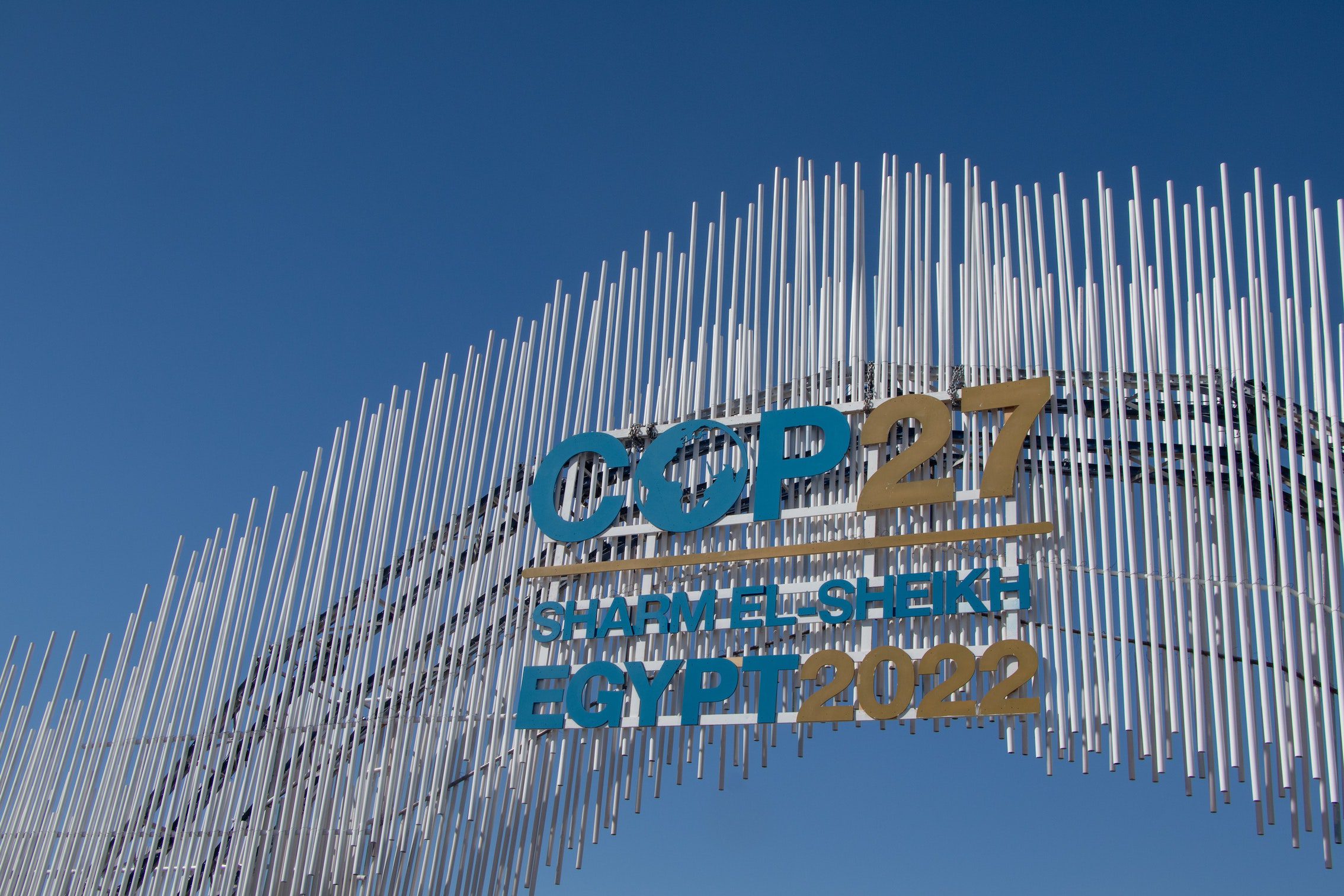COP27 restates commitment to Global Methane Pledge.
The 2021 UN Climate Change Conference seems a long, long time ago. Who could have imagined quite so many significant global events would occur between COP26 in Glasgow and COP27, which took place in Sharm El-Sheikh 6-18 November 2022 … and so many of them impacting directly on the energy industry.
One of the most significant announcements of COP26 was the Global Methane Pledge. Described by European Commission president Ursula von de Leyen as “one of the most effective things we can do to reduce near-term global warming and keep 1.5 degrees Celsius”.
A further 50 nations signed up this year to the Global Methane Pledge, with a commitment to cut methane emissions by 30% by 2030, bringing the total number of signatories to 150, while the UN’s Carbon and Clean Air Coalition (CCAC) reported that substantial new financial resources are being directed to methane action.
At this year’s Global Methane Pledge Ministerial, executive vice-president Frans Timmermans, who is leading the EU’s work on the European Green Deal and its first European Climate Law, reiterated, “this year’s IPCC assessment shows that human-driven methane emissions are responsible for nearly 45% of current net warming.”
And he added, “methane is a greenhouse gas we could do something about. We have a lot of progress to report, including …crucial work on observation, measurement and verification of methane. The EU’s energy methane regulation will be adopted very soon. As a simple first step, we call on all and the biggest methane emitters to disclose their methane plans for the years ahead.”
“We’re pleased to see that methane reduction commanded just as much attention and commitment at COP27 as it did at the Glasgow conference,” says Flylogix commercial director Chris Adams.
“We know that the US has actually increased its own target, and wants to introduce regulation to cut methane emissions by 75%. Saudi Arabia and other major energy producers are making progress too. And it’s great to see at least 50 more nations signing up to the Global Methane Pledge.”
The massive surge in energy prices has certainly increased incentives for energy operators to control and reduce leaks of methane. According to energy watchdog the IEA, almost all options to capture methane leaks from oil and gas facilities can be implemented at no net cost, at today’s elevated energy prices.
The subject is of particular interest to Flylogix, which has had success helping some of the biggest names in energy to get to grips with their methane emissions, using our innovative Unmanned Aerial Vehicle (UAV) technology to quantify methane, and provide a sound basis on which to reduce emissions.
Expansion of this initiative was further boosted in 2022 by investment from bp ventures, allowing Flylogix to develop applications and drive forward the global potential of UAVs to contribute to the Global Methane Pledge.
“We have watched COP27 closely,” says Chris Adams. “We remain committed to playing our part in achieving these vital climate targets, and we have seen growing industry interest in the role that Flylogix technology can play in this.”
“The issue got significant airtime and attention again, and that’s reignited people’s focus on the problem – we’re encouraged by the momentum that is building, and the evidence that people are moving from talk to action.”





